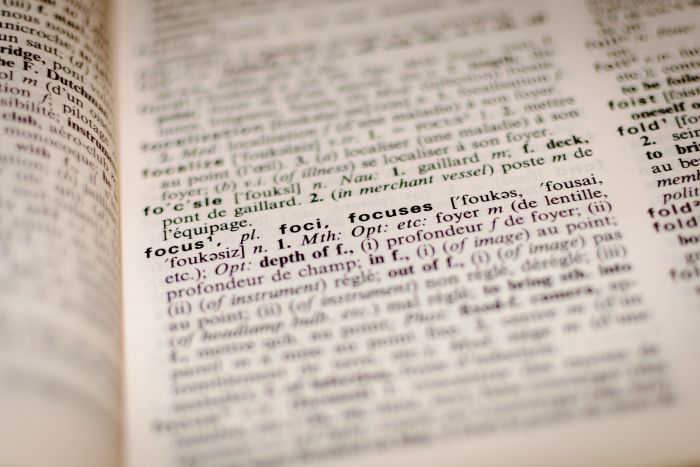Written by Julie Meek
V8 Supercar driving is a sport which requires 100% focus. In the words of legendary British racing driver Stirling Moss…
It is necessary to relax your muscles when you can. Relaxing your brain is fatal.
Stirling Moss
Single-Minded Focus and Purposeful Practice
You may not be a Supercar driver (although sometimes you might think you are) but many researchers now believe that regardless of your inborn talent, it is possible to achieve excellence in almost any domain through single-minded focus and purposeful practice.
For the everyday person, the outcome of losing attention or focus when practising a new health skill or habit is not usually life-threatening however it is a reality that many of us juggle several tasks at a time and struggle to focus on any one of them for very long.
Lack of Focus
Lack of absorbed focus takes its toll on the depth and quality of whatever we do and is an inefficient way of doing things. We often allow ourselves to be distracted by the urgent, but unimportant, tasks in our day and become reactive rather than focusing on our priorities. We get so caught up in the business and logistics of life that we don’t stop to consider what it is we really want or where to invest our time and energy to achieve those goals.
This affects every aspect of our health and wellbeing.
What the Best Musicians Do
A researcher by the name of Anders Ericsson studied violinists at the Music Academy in Berlin. His study showed that the most significant difference between the best musicians and the others was the total number of hours they had invested in their music. In the words of Ericsson:
The aim of purposeful or deliberate practice is not doing more of the same but engaging with full concentration in an activity to improve one’s performance.
Anders Ericsson
Practice and Rest
Part of great performance is rest and the best violinists in the above study pushed themselves through intense practice on a daily basis but never for more than 90 minutes at a time and for no more than four hours each day. Each practice session was followed by a period of recovery. Routine was a large part of their ability to keep up the practice, although all of the violinists in each group rated practice as the least enjoyable part of their chosen field.
Focus and Recovery
The violinists recognised that sustainable, great performance requires a rhythmic movement between activity and rest. Tony Schwartz, CEO of The Energy Project, believes that if more of us were able to focus in the intense but time limited ways that the best violinists do, great performance in almost anything would be much more common than it is. This can be applied to how you eat, move, sleep and manage daily stresses.
What rituals are you embedding to hone your focus and concentration for your best health?
Julie Meek
A nutritionist and dietitian, Julie Meek is one of the most respected sports’ dietitians in Australia with over 15 years’ experience in public, sports’ and corporate nutrition.

-
 Engaging with Empathy & Compassion | eLearning Course$330.00 inc.GST
Engaging with Empathy & Compassion | eLearning Course$330.00 inc.GST -
 Building Buoyancy | eLearning Course*$180.00 inc.GST
Building Buoyancy | eLearning Course*$180.00 inc.GST -
 Workplace Mental Health for Leaders | eLearning Course + Assessments$770.00 inc.GST
Workplace Mental Health for Leaders | eLearning Course + Assessments$770.00 inc.GST
Tap into our mental health expertise
Image: Romain Vignes (Unsplash)



